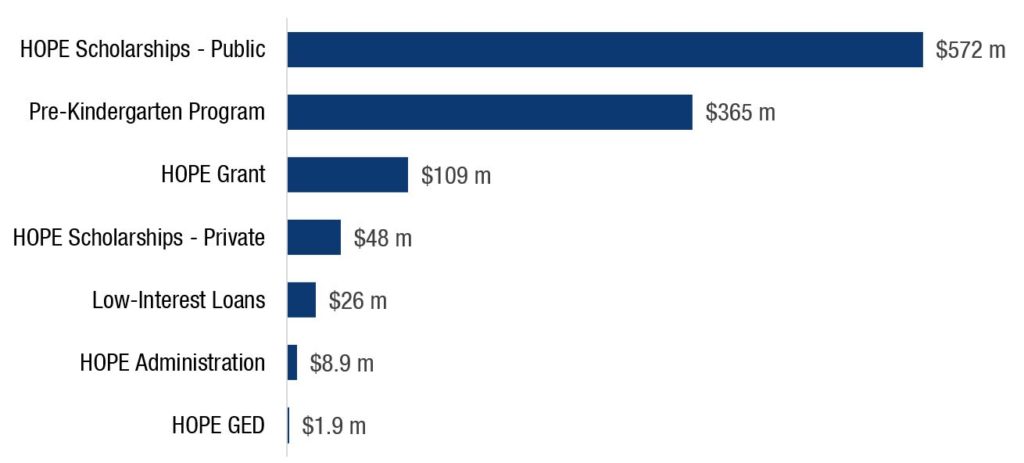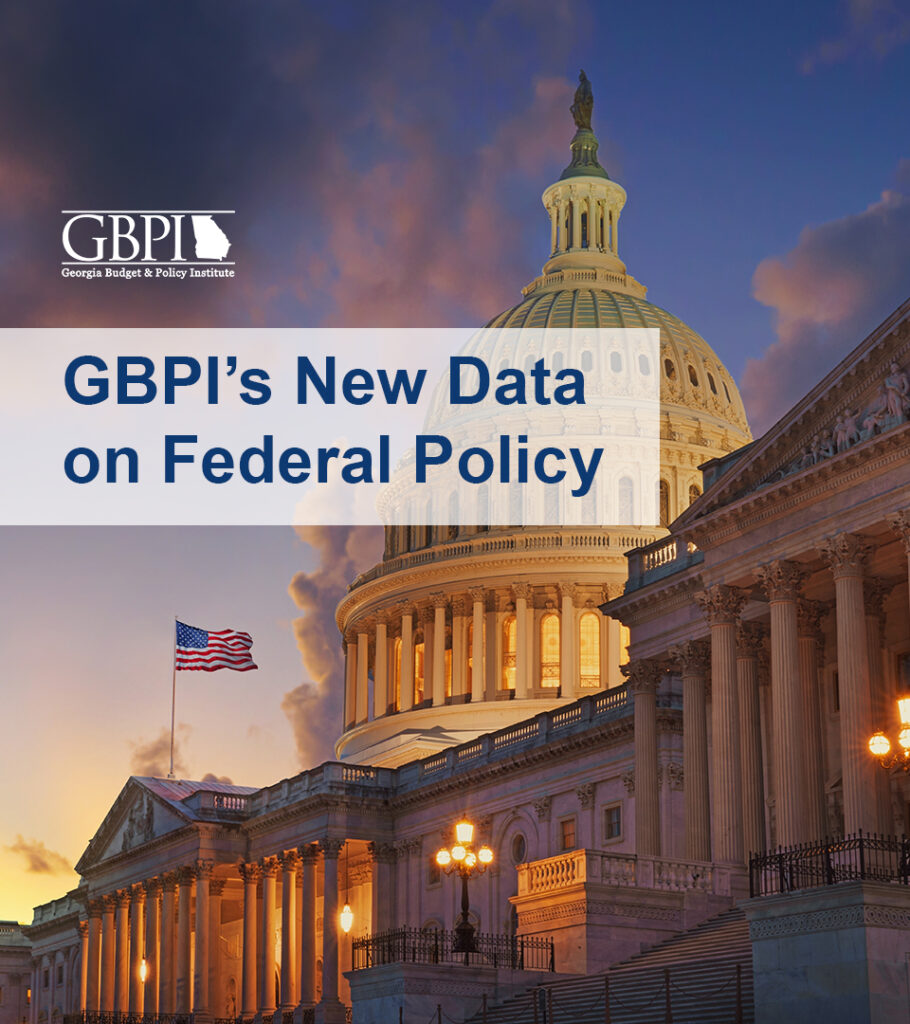Georgia’s HOPE and Pre-K programs stood to gain as much as $127 million if state lawmakers successfully nudged a lottery bill through the legislative process last month. In the end, lawmakers left that proposal and one with a similar aim behind when the 2017 Georgia General Assembly adjourned.
Both House and Senate members proposed to increase the amount of money the lottery turns over to the state for education programs, including the HOPE Scholarship. The bills are still pending for the 2018 session because this year is the first of a two-year legislative cycle.
Less than half of in-state students receive Georgia’s HOPE scholarships. Parents who want to enroll children in the state’s Pre-Kindergarten programs often face daunting waiting lists. So directing more lottery money to classrooms makes a lot of sense.
Georgia’s lottery raises about $1.1 billion a year for the HOPE Scholarship, grants for technical college students and Pre-K classes. That’s about a quarter of total lottery revenue that is used for education. The rest is split among payouts for winning tickets, marketing for new games and administrative costs. Georgia’s 1992 lottery law set net proceeds for education at no less than 35 percent of ticket sales, or “as nearly as practical.” In practice, Georgia’s lottery hasn’t reached that percentage benchmark for 20 years. Still, the lottery’s net proceeds continue to grow almost every year as lottery ticket sales steadily increase.
The lottery transferred 25.5 percent of ticket sales in 2016 to the education programs it is supposed to support, according to the Georgia Department of Audits. To help improve the return for education, a 2017 state Senate bill proposed to increase that to 28.5 percent, phased in over three years. The higher rate translates to an additional $127 million for Pre-K and HOPE programs at the current level of $4.25 billion in ticket sales.
A House lottery proposal this year kept the current 25 percent floor for educational programs, but stipulated that if ticket sales increase by 5 percent in one year the state’s share grows by a half percentage point. Net sales increases exceeded 5 percent twice in the past five years.
Some lawmakers expressed concern that increasing the state’s share of lottery revenue might hurt overall ticket sales. That’s because the share available for lottery prizes and advertising could decrease, making a lottery ticket a harder sell to consumers. If the size of the state lottery shrinks, money for education could also shrink even if the state is getting more on a percentage basis. The Senate bill included a so-called “circuit breaker” to halt the rate increases if ticket sales decline by 5 percent in any year.
The lottery-funded HOPE programs used to cover full tuition, mandatory fees and a book allowance for high school students who met GPA requirements and attended Georgia public colleges. As per-student state appropriations decreased and tuition and fees rose, lawmakers made HOPE tougher to qualify for and the awards less generous.
Lawmakers are likely to keep talking about ways to bolster lottery-funded education programs over the course of 2017. Lottery bills left behind this year are automatically pending for next year’s legislative session.
Funding higher education is a critical investment in Georgia’s workforce and economy. Paying for college is a top-of-mind issue for many Georgia families. Qualifying for the popular HOPE programs is a big goal for thousands of the state’s high school students. Keeping the promise of HOPE – to make college accessible for students who would otherwise find it difficult to attend – is one of the most important long-term priorities for Georgia. State lawmakers who convene for the 2018 General Assembly will do well to build on this year’s good intentions to deliver HOPE’s promise to more students.
Most of the $1.1 Billion Lottery Funds for Education Support HOPE Programs









